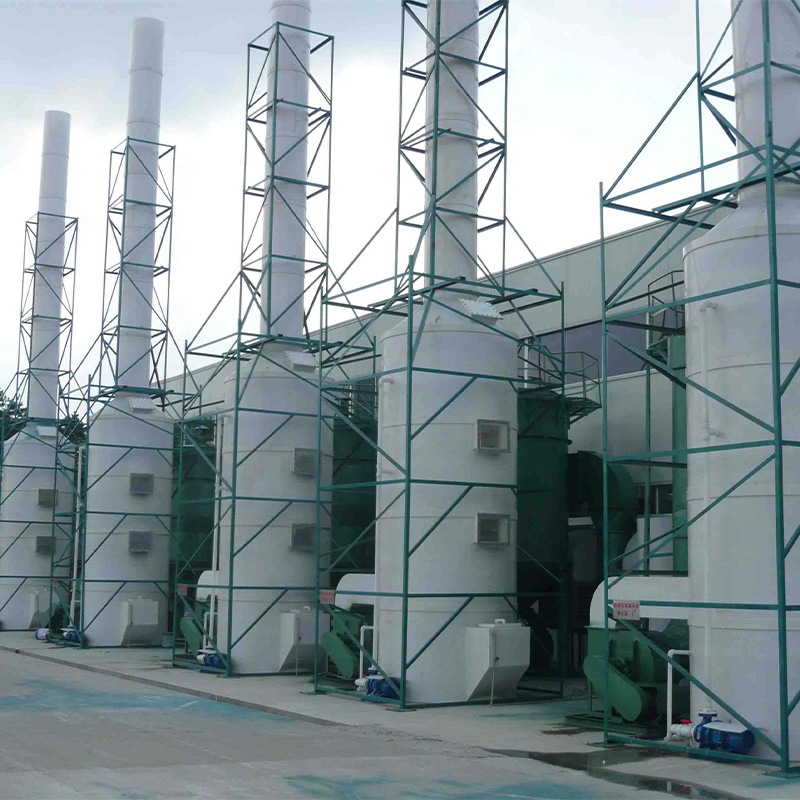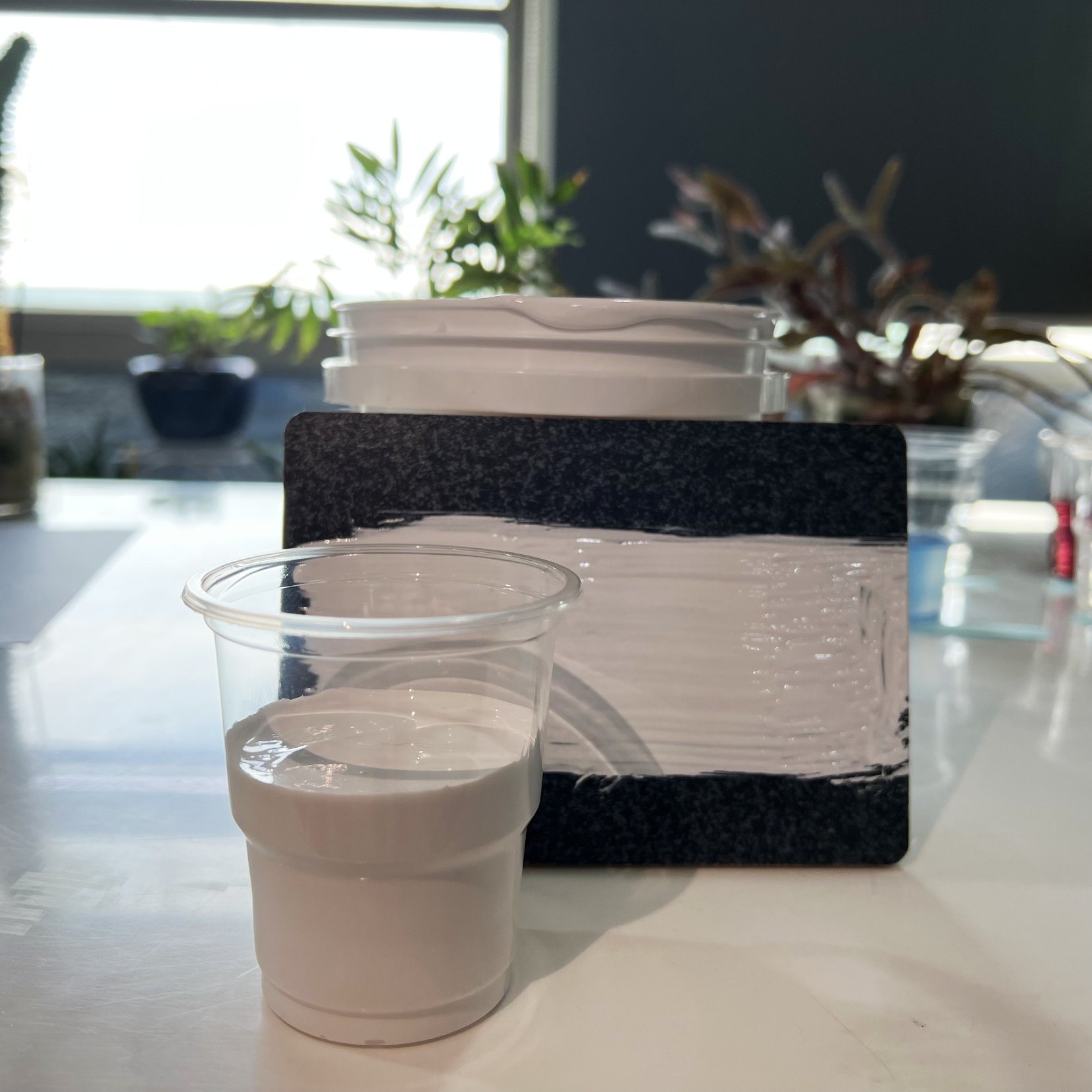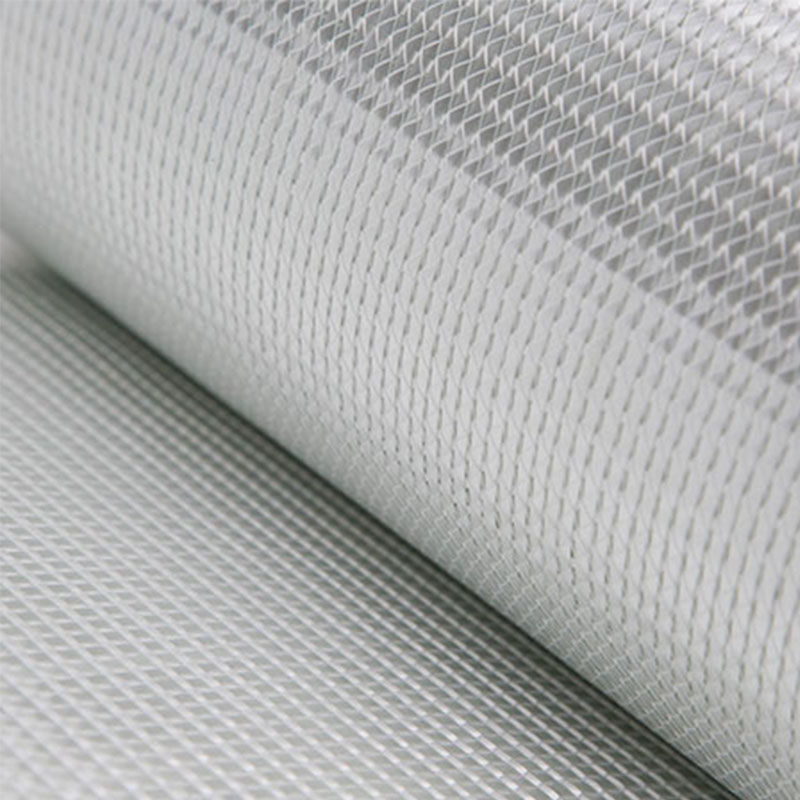What is the raw material for unsaturated polyester resin
 Aug 23, 2024|
Aug 23, 2024| View:84
View:84Unsaturated polyester resin is a widely used thermosetting resin with excellent mechanical properties, chemical resistance, and electrical insulation. Understanding the raw materials that go into its production is essential for appreciating its versatility and applications.
The main raw materials for unsaturated polyester resin are as follows:
Polyols
Polyols play a crucial role in the formulation of unsaturated polyester resin. Commonly used polyols include glycols such as ethylene glycol, propylene glycol, and diethylene glycol. These polyols provide the hydroxyl groups that react with dibasic acids to form the polyester backbone. The choice of polyol can affect the properties of the resin, such as its flexibility, hardness, and resistance to water. For example, ethylene glycol-based resins tend to be more rigid, while propylene glycol-based resins offer better flexibility.
Dibasic Acids
Dibasic acids are another essential component of unsaturated polyester resin. Phthalic anhydride, maleic anhydride, and isophthalic acid are commonly used dibasic acids. Maleic anhydride imparts unsaturation to the resin, allowing it to crosslink with a curing agent. Phthalic anhydride and isophthalic acid contribute to the hardness and chemical resistance of the resin. The ratio of different dibasic acids can be adjusted to achieve specific properties in the final resin product.
Monomers
Unsaturated monomers are added to the resin to provide the crosslinking sites for curing. Styrene is the most commonly used monomer for unsaturated polyester resin. It reacts with the unsaturated sites in the resin during curing, forming a three-dimensional network structure. The amount of monomer used can affect the properties of the resin, such as its viscosity, hardness, and heat resistance. Higher monomer content generally results in lower viscosity and faster curing, but it may also reduce the heat resistance and mechanical strength of the resin.

Inhibitors
Inhibitors are added to unsaturated polyester resin to prevent premature polymerization. Hydroquinone and tert-butyl catechol are commonly used inhibitors. These compounds slow down the polymerization reaction by scavenging free radicals, ensuring that the resin remains stable during storage and handling. Inhibitors are typically added in small amounts, and their effectiveness depends on factors such as temperature, storage conditions, and the presence of other additives.
Accelerators and Catalysts
Accelerators and catalysts are used to speed up the curing process of unsaturated polyester resin. Methyl ethyl ketone peroxide (MEKP) and cobalt naphthenate are commonly used accelerator-catalyst combinations. MEKP is a powerful oxidizing agent that generates free radicals, initiating the polymerization reaction. Cobalt naphthenate acts as a catalyst, enhancing the reactivity of MEKP. The proper selection and dosage of accelerators and catalysts are crucial for achieving the desired curing time and properties of the resin.
Fillers and Reinforcements
Fillers and reinforcements can be added to unsaturated polyester resin to improve its mechanical properties, reduce cost, and enhance specific characteristics. Common fillers include calcium carbonate, talc, and silica. Reinforcements such as glass fibers, carbon fibers, and aramid fibers can significantly increase the strength and stiffness of the resin. The choice of fillers and reinforcements depends on the intended application of the resin and the required properties.
In conclusion, unsaturated polyester resin is a complex material composed of several key raw materials. The choice of polyols, dibasic acids, monomers, inhibitors, accelerators, catalysts, fillers, and reinforcements can be tailored to meet specific application requirements. Understanding the properties and functions of these raw materials is essential for optimizing the production and performance of unsaturated polyester resin. Whether used in the production of composites, coatings, or molded products, unsaturated polyester resin offers a wide range of possibilities for various industries.



 yomi@rulecomposite.com
yomi@rulecomposite.com






